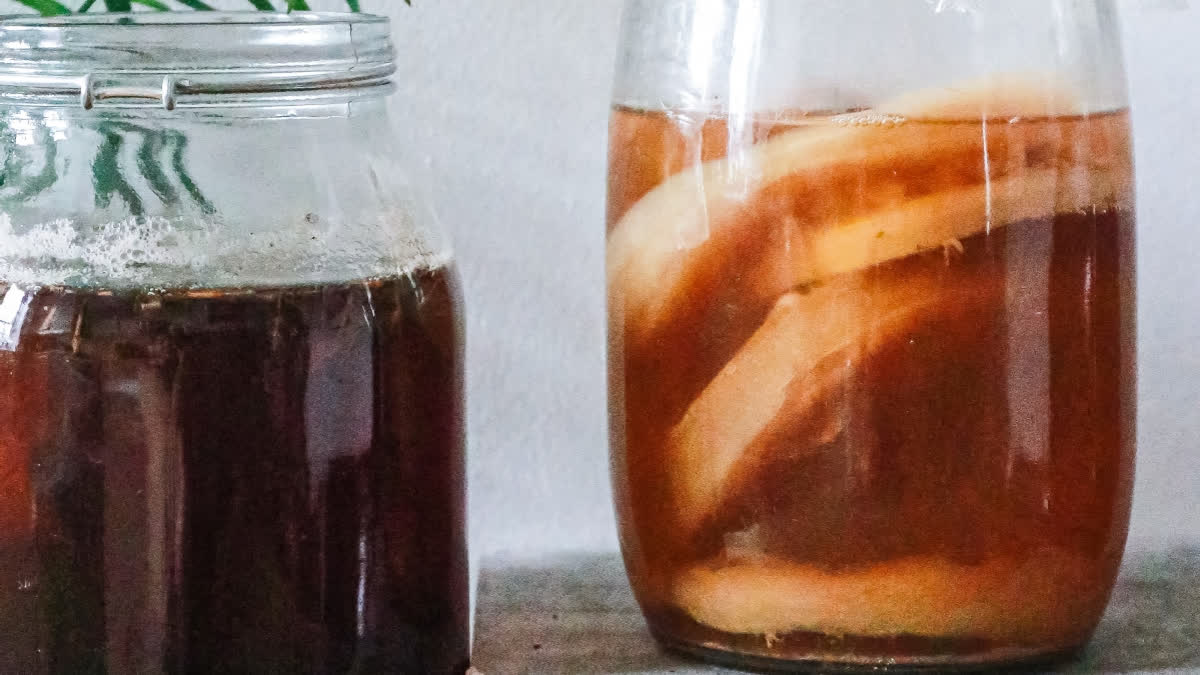Washington DC [US]: Individuals with type II diabetes who drank the fermented tea drink kombucha for four weeks had lower fasting blood glucose levels than those who drank a similar-tasting placebo beverage, according to the findings of a clinical trial conducted by researchers at Georgetown University's School of Health, the University of Nebraska-Lincoln, and MedStar Health.
This conclusion from a pilot 12-person feasibility trial suggests the possibility of a nutritional intervention that could help lower blood sugar levels in persons with diabetes, as well as laying the groundwork for a bigger trial to validate and expand on these findings. This finding was reported in Frontiers in Nutrition.
Kombucha is a tea fermented with bacteria and yeasts and was consumed as early as 200 B.C. in China, but it did not become popular in the U.S. until the 1990s. Its popularity has been bolstered by anecdotal claims of improved immunity and energy and reductions in food cravings and inflammation, but proof of these benefits has been limited.
“Some laboratory and rodent studies of kombucha have shown promise and one small study in people without diabetes showed kombucha lowered blood sugar, but to our knowledge this is the first clinical trial examining effects of kombucha in people with diabetes,” says study author Dan Merenstein, M.D., professor of Human Sciences in Georgetown’s School of Health and professor of family medicine at Georgetown University School of Medicine. “A lot more research needs to be done but this is very promising.”
Merenstein continued, “A strength of our trial was that we didn't tell people what to eat because we used a crossover design that limited the effects of any variability in a person’s diet.” The crossover design had one group of people drinking about eight ounces of kombucha or placebo beverage daily for four weeks and then after a two-month period to ‘wash out’ the biological effects of the beverages, the kombucha and placebo were swapped between groups with another four weeks of drinking the beverages. Neither group was told which drink they were receiving at the time.
